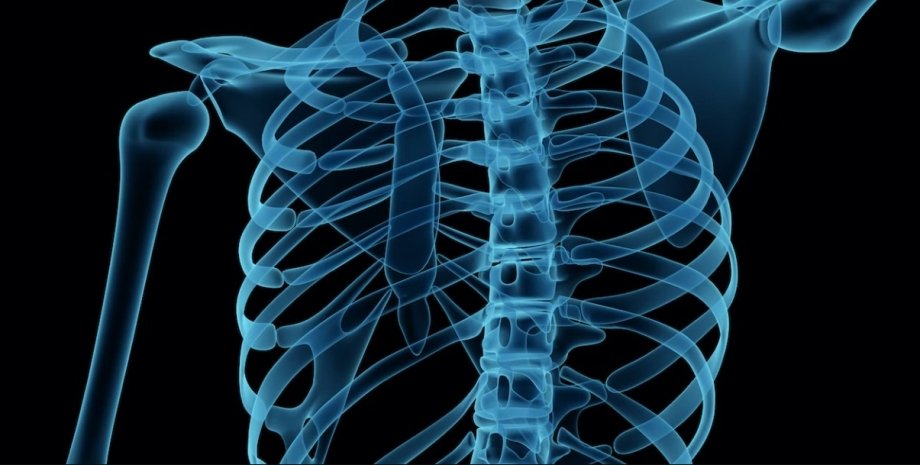
Immunologists Prakasha Nagarkatti and Nagarkatti's labels from the University of South Carolina decided to put all the dots above "and" and told how our immune system responds to infections, vaccination, autoimmune diseases and when the body begins to attack itself. In focus. Technology has appeared its Telegram channel.
Subscribe to not miss the latest and most intricate news from the world of science! Scientists say that, as a rule, inflammation is associated with pain from injuries or diseases they can cause. It is an important part of the normal immune response of our body, but problems begin where the "beneficial function" of the body is usually reacting to the stimulus and delayed.
The term "inflammation" applies to all actions of the immune system aimed at combating the body with potential or real infections. However, researchers secrete 5 physical signs of acute inflammation: at the same time, inflammation may well occur without clear symptoms, but the cellular process underlying inflammation will be the same. Scientists have told how the immune system works on the example of a bee bite.
Feeling toxins, bacteria and physical damage, the immune system directs different types of immune cells at the site of damage-T-cells, B cells, macrophages and neutrophils and others. The former kill any infected cell and prevent the spread of the virus, the latter produce antibodies, the third and fourth-absorb the bacteria and destroy them.
These immune cells also produce hundreds of different molecules, which are called mediators and which help to eliminate damage to the body and cope with threats. However, the mediators kill not only bacteria but also some healthy cells. This leads to blood leakage from the blood vessels, resulting in fluid and a large number of immune cells occurs - this is the cause of edema, redness and pain during the bite.
When the immune system is deprived of infection or foreign agent, some of the inflammatory reaction take the mountain and help restore damaged tissues. A few days later, our body neutralizes the poison from the bite and eliminates all the bacteria that got inside and heal the damage. However, the situation changes when inflammation occurs for incorrect reasons or is too tightened (becomes chronic) - as a result, the damage caused by it can be dangerous.
For example, allergy develops at a time when our immune system is mistakenly recognized as a threat in actually harmless substances. In such cases, damage can be innocent, such as itching and redness, or dangerous - a person cannot breathe due to throat swelling. In addition, chronic inflammation can eventually damage the tissues and even lead to various clinical disorders, such as cardiovascular disease, neurodegenerative disorders, obesity, diabetes and even some types of cancer.
Scientists say that in some cases our immune system is capable of perceiving our organs and tissues as invaders. As a result, this leads to inflammation throughout the body or certain parts of it - we can develop such autoimmune diseases as lupus or arthritis. Researchers say that inflammation is mainly manifested at the cellular level, but its mechanism is not simple.










All rights reserved IN-Ukraine.info - 2022